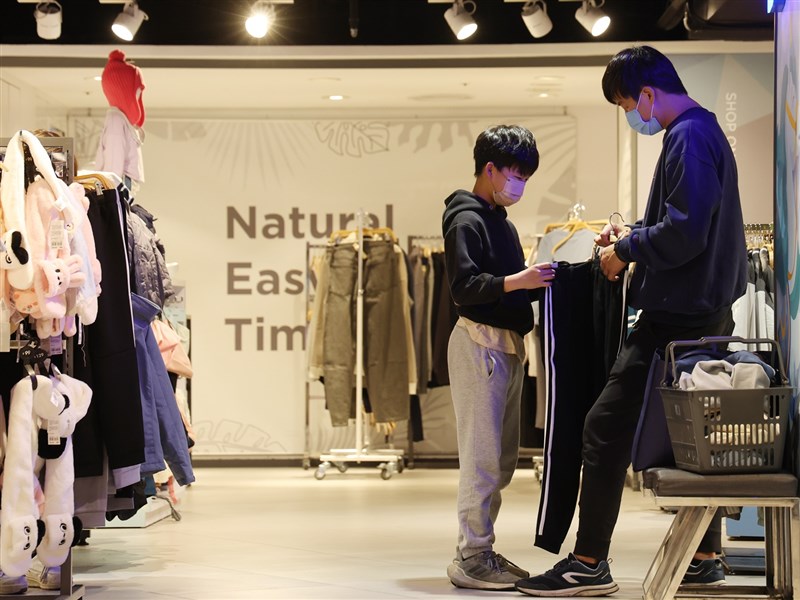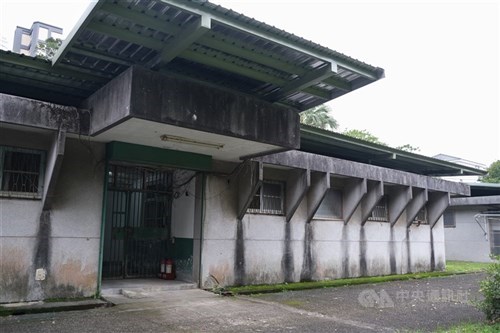FEATURE / Documentary tells story behind Taiwan's 'Chinese Taipei' Olympic name
07/24/2024 03:32 PM
Unlike most countries, Taiwan cannot use its country's name to compete in the Olympic Games or other major international sports events.
(Full text of the story is now in CNA English news archive. To view the full story, you will need to be a subscribed member of the CNA archive. To subscribe, please read here.)
More in FEATURE
-
![Beyond new clothes: Children in need get private LNY shopping session]() Beyond new clothes: Children in need get private LNY shopping sessionOutside the flagship store of Taiwanese apparel brand NET in downtown Taipei, a queue -- made up of children and their parents -- had formed well before regular opening hours, despite the chilly late-January morning.02/14/2026 04:03 PM
Beyond new clothes: Children in need get private LNY shopping sessionOutside the flagship store of Taiwanese apparel brand NET in downtown Taipei, a queue -- made up of children and their parents -- had formed well before regular opening hours, despite the chilly late-January morning.02/14/2026 04:03 PM -
![How a site of White Terror persecution became a human rights venue]() How a site of White Terror persecution became a human rights venueThe transformation of a dark remnant of Taiwan's authoritarian past into a venue for human rights education began in 2009, with the discovery of dozens of formalin jars containing human body parts inside an abandoned building in New Taipei's Xindian district.02/12/2026 08:24 PM
How a site of White Terror persecution became a human rights venueThe transformation of a dark remnant of Taiwan's authoritarian past into a venue for human rights education began in 2009, with the discovery of dozens of formalin jars containing human body parts inside an abandoned building in New Taipei's Xindian district.02/12/2026 08:24 PM -
![Undocumented migrant worker's high-risk birth exposes major medical gap]() Undocumented migrant worker's high-risk birth exposes major medical gapWhen an undocumented Indonesian caregiver living in Taiwan became pregnant in January 2025, she saw it as a blessing, even though it was unplanned.02/05/2026 12:35 PM
Undocumented migrant worker's high-risk birth exposes major medical gapWhen an undocumented Indonesian caregiver living in Taiwan became pregnant in January 2025, she saw it as a blessing, even though it was unplanned.02/05/2026 12:35 PM
Latest
-
Society
Suspect in parcel explosion detained, held incommunicado
02/16/2026 01:27 PM -
Culture
U.S., Japanese envoys showcase New Year dishes as Year of Horse approaches
02/16/2026 12:54 PM -
Society
YouTuber visits diplomatic allies to see Taiwan's lesser-known friends
02/16/2026 12:19 PM -
Society
Weather front to bring rain on Lunar New Year's Eve
02/16/2026 11:53 AM -
Society
Taiwan headline news
02/16/2026 11:24 AM


